Crypto & Web3 accounting in California.
Whether you're staking in San Francisco, launching NFTs in Los Angeles, or building DeFi platforms in San Diego, ClearBooks CPA offers specialized accounting solutions to support your crypto ventures.
From mining to NFTs, we've got you covered.
Cryptocurrency transactions can be intricate, with varying tax implications. Our services are designed to address these complexities, ensuring accurate reporting and compliance.
Track and report crypto transactions accurately
Manage tax implications of staking, mining, and airdrops
Stay compliant with evolving IRS guidelines
Integrate seamlessly with crypto wallets and exchanges
Strategic planning for your digital assets.
We assist crypto entrepreneurs in developing tax-efficient strategies, from timing asset sales to structuring entities appropriately. Our goal is to help you maximize returns while minimizing tax liabilities.
Entity setup and structuring advice
Tax planning and optimization
Financial modeling and forecasting
Integration with financial tools and platforms

Ensuring compliance in a decentralized world.
Stay ahead of regulatory requirements.
The regulatory landscape for cryptocurrencies is continually evolving. We help you navigate these changes, ensuring your crypto activities remain compliant at all levels.
Multi-state tax compliance
International tax considerations
Sales tax registration and compliance
Frequently Asked Questions
-
Do I need to report every crypto transaction?
Yes, the IRS requires reporting of all taxable crypto events, including trades, sales, and income from mining or staking.
-
How are NFTs taxed?
NFTs are generally treated as property for tax purposes. Selling an NFT can trigger capital gains tax, depending on the holding period and profit.
-
What is the best way to track my crypto transactions?
Using specialized crypto tax software or working with a CPA experienced in digital assets can help ensure accurate tracking and reporting.
-
Can I deduct losses from crypto investments?
Cost segregation accelerates depreciation deductions by identifying and reclassifying property components. This strategy can significantly reduce your current tax liability.
-
How does staking income affect my taxes?
Staking rewards are typically considered taxable income at the time of receipt, based on the fair market value of the tokens.




